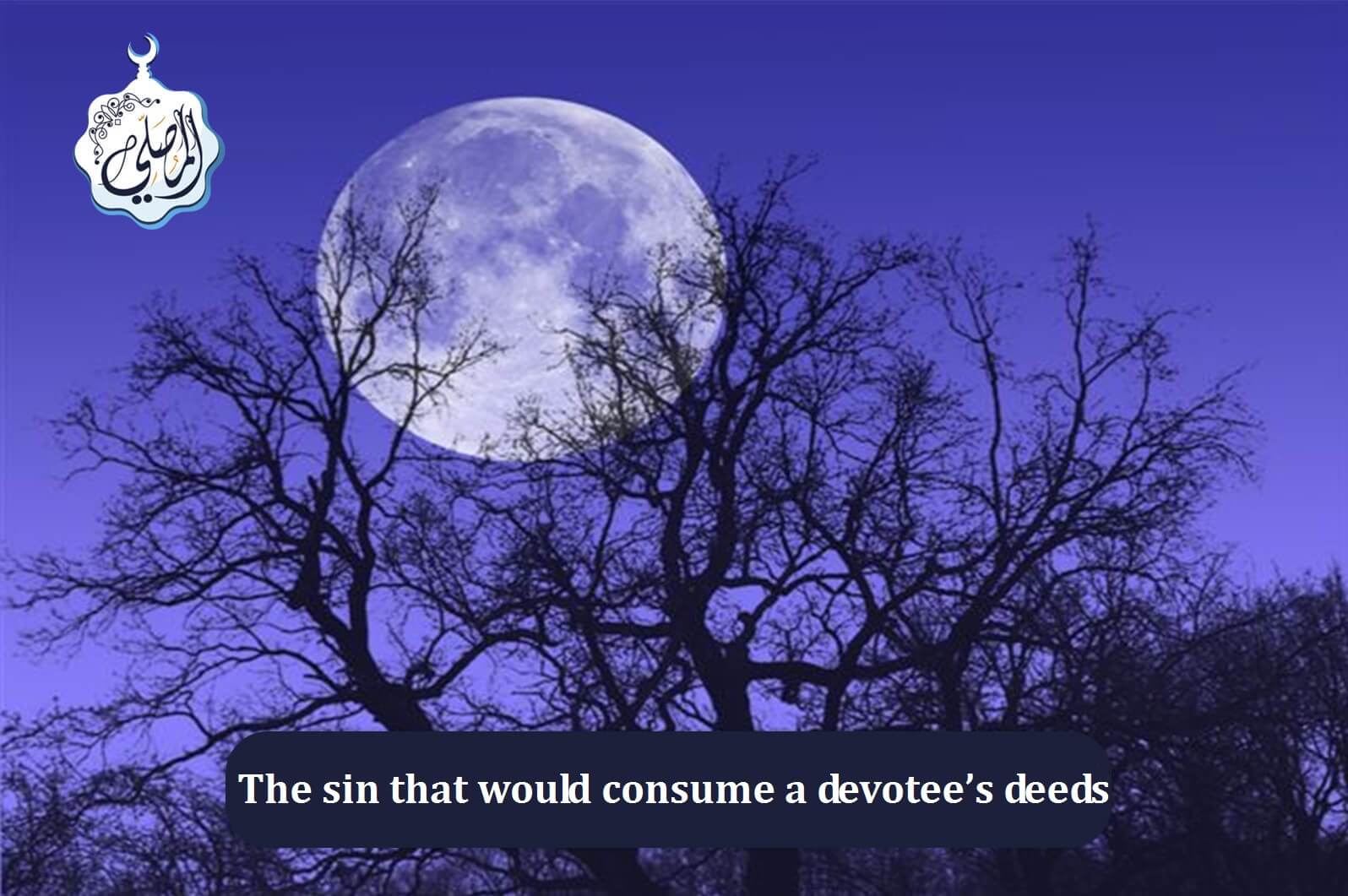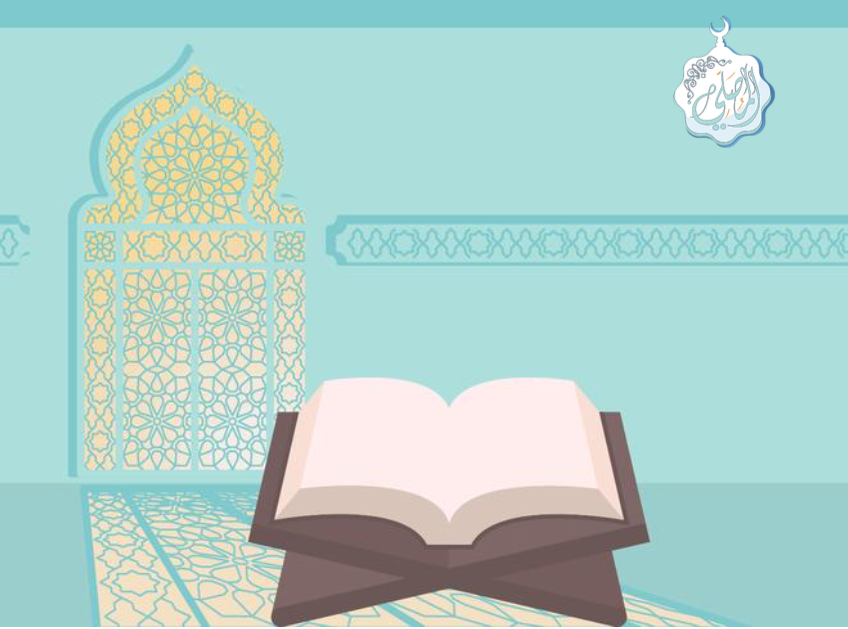
As Ramadan approaches, it's crucial for Muslims to understand who is required to fast and who may be exempt. Fasting during Ramadan is one of the Five Pillars of Islam, but Allah, in His infinite wisdom and mercy, has provided exemptions for certain individuals. This article aims to clarify the obligations and exceptions regarding fasting in Ramadan.
General Obligation
In general, fasting in Ramadan is obligatory for all adult Muslims who are sane and physically able. The criteria for obligation include:
- Being Muslim
- Having reached puberty
- Being of sound mind
- Being physically capable
- Being resident (not traveling)
However, there are several exemptions and special cases to consider.
Exemptions from Fasting
-
Children Children who have not reached puberty are not obligated to fast. However, many families encourage children to practice fasting gradually to prepare them for future obligations.
-
The Elderly Elderly individuals who are too frail to fast or for whom fasting would cause significant hardship are exempt. They are required to feed a poor person for each day missed (fidya).
-
The Chronically Ill Those with chronic illnesses that make fasting dangerous or extremely difficult are exempt. Like the elderly, they should pay fidya for each day.
-
Pregnant and Breastfeeding Women If fasting poses a risk to the mother or child's health, pregnant and breastfeeding women may be exempt. They should make up the missed fasts later when able.
-
Menstruating Women Women during menstruation or post-childbirth bleeding are prohibited from fasting. They must make up these days after Ramadan.
-
Travelers Those on journeys meeting certain conditions of distance and duration may be exempt, though many choose to fast if it's not too difficult.
-
The Mentally Ill Individuals who are not of sound mind are exempt from fasting.
Special Cases
-
Temporary Illness Those with temporary illnesses may break their fast and make up the days later when they recover.
-
Intense Hunger or Thirst If one fears death or severe harm due to intense hunger or thirst, it's permissible to break the fast and make it up later.
-
Compulsion If someone is forced to break their fast under duress, they are not considered sinful and should make up the fast later.
-
Strenuous Occupations While not automatically exempt, those in physically demanding jobs may need to consult scholars if fasting severely impacts their ability to work safely.
Making Up Missed Fasts
Most individuals who are exempt temporarily (like travelers or those with short-term illnesses) are required to make up missed fasts after Ramadan. This is known as qada'.
Fidya (Feeding the Poor)
For those permanently unable to fast (like the elderly or chronically ill), the alternative is to pay fidya - feeding a poor person for each day missed.
Seeking Guidance
It's important to note that individual circumstances can vary greatly. Muslims are encouraged to seek guidance from knowledgeable scholars or imams if they're unsure about their specific situation.
Conclusion
While fasting in Ramadan is a fundamental obligation in Islam, Allah's mercy is evident in the exemptions provided for those who would face undue hardship. Understanding these rulings helps Muslims approach Ramadan with clarity and peace of mind, focusing on the spiritual growth and blessings of this holy month. Whether fasting or exempt, all Muslims can participate in the spirit of Ramadan through increased worship, charity, and mindfulness.










 share facebook
share facebook share whatsApp
share whatsApp share twitter
share twitter share telegram
share telegram copy
copy






